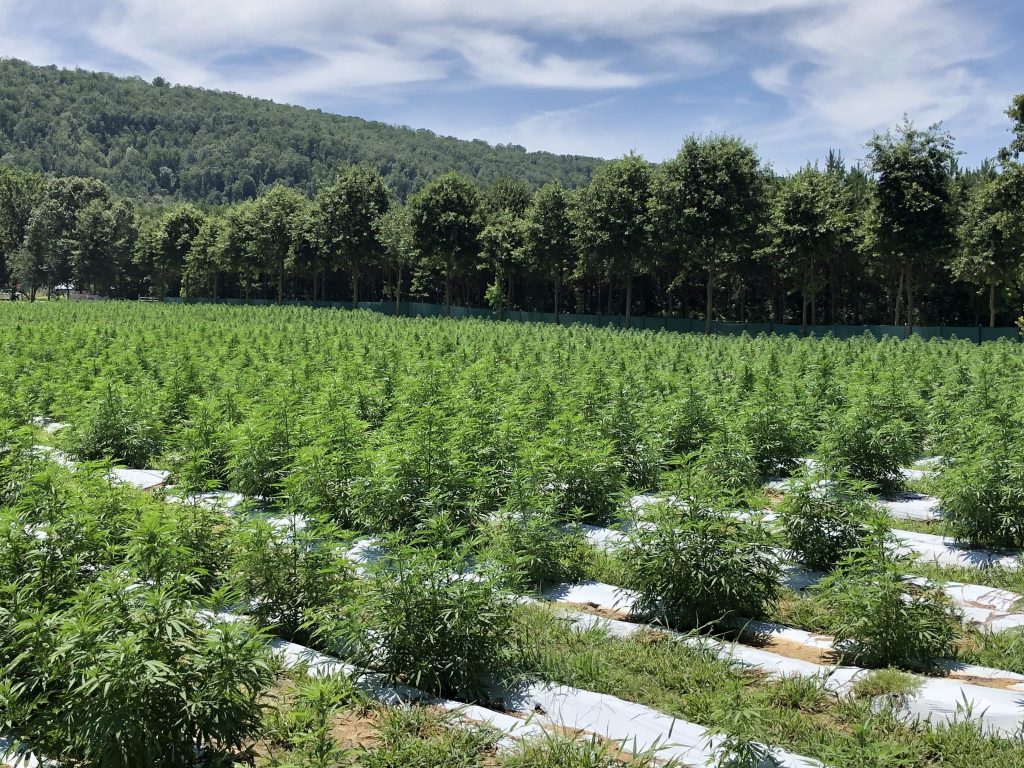
By Clint Thompson
Alabama hemp producers need to understand the risks of growing hemp before they begin planting.
It starts with knowing what you’re going to do with the product following harvest. It is a point that Katelyn Kesheimer, Auburn University assistant professor and Extension specialist, still emphasizes to growers.

“What are they going to do with their crop at the end of the year? We’ve been pushing them real hard to make sure they have a plan in place. Whether it’s a grow plan that fits in with the environment and how they’re growing and they have enough labor and money on hand,” Kesheimer said. “But they need to have an idea of what they’re going to do with their crop at the end of the year. Still, so many people are getting into this and diving headfirst without going over what it takes to be successful, and will I make money? We’re trying to hammer home, make sure you have an end game? Are you going to sell the raw flower? Are you going to get it processed into crude oil? Are you going to jump onto this delta-8 market that’s exploding right now?”
“We have more and more processors here in the state. But that doesn’t mean they’re going to buy your product. You pay them to process it into a crude oil or whatever your end product is. Then you’re responsible for turning it into whatever it is you’re going to turn it into.”
The number of hemp producers in Alabama decreased considerably last year, from 422 certified growers in 2020 to 173 in 2021.









